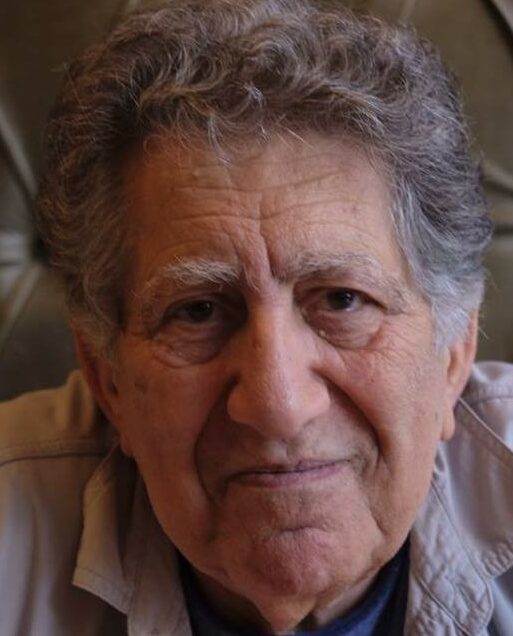Fawwaz Traboulsi

Toward a new approach to sects and sectarianism in the Arab world
Dr. Traboulsi has been engaged for long years with the study, writing and teaching on sects, sectarianism, secularism and civil wars in Lebanon. In his research and writing critically he has engaged with the major interpretations: denial or substitution by other formations (‘class’, for example); sects as artifacts of ‘colonial modernity’; essentialized identities; exclusive political phenomena; ideological entities; primordial ties; divisive sub-national formations; imagined communities; clientelist networks; etc. On the basis of this work he developed an alternative approach that studies sects – i.e. politically-driven religious communities - and sectarianism, as being largely defined and determined by their unequal and contradictory location, and uneven development, vis-à-vis a number of variables: political power, military power, relation to sectors of the economy, cultural capital, material resources, city/countryside divide; distribution of wealth, minority/majority status. Thus, sectarian elites and parties do not only compete for the control of the state but also for resources, social power, social distribution and social promotion. On the basis of this interpretive grid, his present research will address the following questions:
Does knowledge produced on the Lebanese case help in interpreting and understanding sectarian issues and conflicts in Syria, Bahrein, Iraq and Yemen?
How do those cases inform us about the Lebanese case?
What do they add to our knowledge about civil wars and the role of sects and sectarianism in them?
How do foreign interventions act upon civil wars, on the protagonists themselves, and on the outcome of the wars?
What can be said on the dialectics between the local civil conflicts and the regional and international conflicts?
How can all this help us go beyond the usual solutions given to the sectarian problems?
Biography
Fawwaz Traboulsi is a historian, writer and translator. He has taught political science and history at the Lebanese American University and the American University of Beirut. He has been a visiting professor at New York University, the University of Michigan, Columbia University, and the University of Vienna, and a fellow at St. Antony's College, Oxford, and the Wissenschaftskolleg in Berlin.
Publications
Fawwaz Traboulsi's twenty books and numerous lectures, papers, and articles deal with history, liberation and social movements, political philosophy, memoir, folklore, and art in the Arab world.
His recent translations into Arabic include Edward Said's Out of Place (2003), Humanism and Democratic Criticism (2005) and On Late Style (2015).
His recent books include A History of Modern Lebanon (2007, 2012), Ḥarīr wa-ḥadīd (Silk and Iron: From Mount Lebanon to the Suez Canal, 2013), and Damm al-Akhawayn, al-`Unf fi-l-Hurub al-Ahliyyah (On Violence in Civil Wars, 2017).
Fawwaz Traboulsi is a longtime journalist and the editor of the quarterly cultural magazine Bidāyāt, founded in spring 2012 (bidayatmag.com).
